-
KOSPI 2577.27 -2.21 -0.09%
-
KOSDAQ 722.52 -7.07 -0.97%
-
KOSPI200 341.49 +0.02 +0.01%
-
USD/KRW 1396 -2.00 0.14%
Korea Securities Finance eyes its 1st foreign bond sale in 2026
Debt financing
Korea Securities Finance eyes its 1st foreign bond sale in 2026
Proceeds from the bond issues will be primarily offered to smaller domestic securities firms
By
14 HOURS AGO
2
Min read
News+
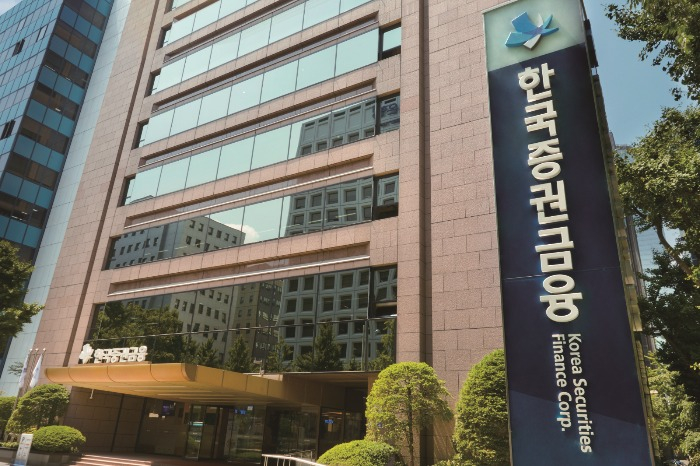
Korea Securities Finance Corp. (KSF) is preparing to issue its first foreign currency-denominated bonds in 2026 to provide low-cost funding to domestic securities firms seeking overseas alternative investments, according to financial industry sources on Friday.
The state-run institution, which offers securities-backed loans such as margin financing, plans to hold an investor relations meeting for global investors as early as the second half of this year. The planned issuance is expected to carry a maturity of five years or longer.
Details about the size of the new debt have yet to be finalized.
A KSF official confirmed the foreign debt issuance plan, but said: “We’re in the early stages of reviewing it.”
It plans to use the proceeds to offer medium- to long-term foreign currency loans primarily to smaller securities firms that are expanding principal investments and trading in alternative investment markets.
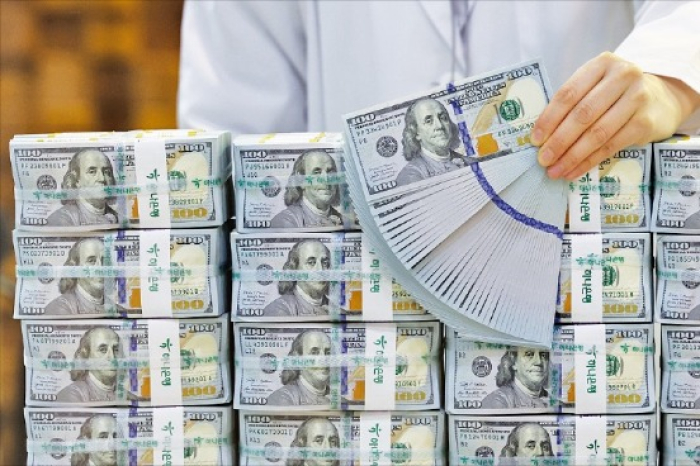
The foreign bond, if realized, will mark KSF’s first foreign currency debt issuance in its 70-year history.
KSF has extended foreign loans using deposits from stock investors. But those have been limited to short-term financing as the deposits must be returned on demand.
“Brokerage companies borrowing foreign currency from Korea Securities Finance cannot manage them in the long term, which reduces their investment returns,” said one of the sources. “If they can borrow funds raised through foreign currency bonds, they’ll be able to manage them on a stable basis.”
KSF holds a credit rating high enough to issue foreign currency debt.
It has been rated Aa2 by Moody’s Investors Service since the end of 2015, on par with that of state-run banks such as Korea Development Bank, the Export-Import Bank of Korea and the Industrial Bank of Korea, as well as Korea Housing Finance Corp.
Another finance industry source said that a key challenge for KSF’s first foreign bond sale would be boosting its global recognition, which currently lags behind that of Korean state-run banks, to facilitate the potential deal.
KSF, founded in 2025 under the Capital Markets Act, counts the Korea Exchange as its largest shareholder with an 11.1% stake. Other shareholders include securities firms, banks and securities-related institutions.
Write to Jung-Sam Koh at jsk@hankyung.com
Yeonhee Kim edited this article.
More To Read
-
Apr 30, 2025 (Gmt+09:00)
-
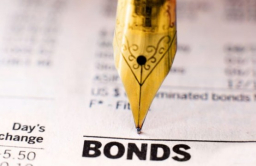 Foreign exchangeS.Korea plans $1.2 bn forex bond issue after presidential election
Foreign exchangeS.Korea plans $1.2 bn forex bond issue after presidential electionApr 21, 2025 (Gmt+09:00)
-
 Banking & FinanceKorea Eximbank issues $3 bn global bonds
Banking & FinanceKorea Eximbank issues $3 bn global bondsJan 08, 2025 (Gmt+09:00)
-
Dec 19, 2024 (Gmt+09:00)
-
 Debt financingKorean firms rush to sell bonds with yields at over 2-yr low
Debt financingKorean firms rush to sell bonds with yields at over 2-yr lowAug 08, 2024 (Gmt+09:00)
-
 Banking & FinanceKorea’s Woori Bank raises $550 mn in AT1 hybrid bond
Banking & FinanceKorea’s Woori Bank raises $550 mn in AT1 hybrid bondJul 18, 2024 (Gmt+09:00)
-
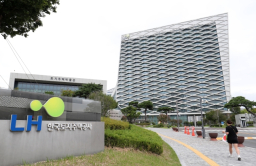 Corporate bondsLH issues $193 mn Brazilian bonds
Corporate bondsLH issues $193 mn Brazilian bondsApr 16, 2024 (Gmt+09:00)
-
 Corporate bondsMirae Asset Securities raises $600 mn in foreign bonds
Corporate bondsMirae Asset Securities raises $600 mn in foreign bondsJan 23, 2024 (Gmt+09:00)
-
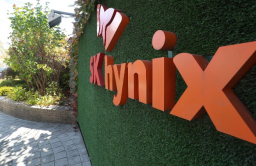 Debt financingSK Hynix raises $1.5 bn in foreign bonds amid high demand
Debt financingSK Hynix raises $1.5 bn in foreign bonds amid high demandJan 10, 2024 (Gmt+09:00)
-
 Corporate bondsNaver succeeds in issuing $133 mn Samurai bonds
Corporate bondsNaver succeeds in issuing $133 mn Samurai bondsOct 26, 2023 (Gmt+09:00)
-
Sep 19, 2023 (Gmt+09:00)
-
 Banking & FinanceShinhan Bank's Chinese corporation issues $69 million in yuan bonds
Banking & FinanceShinhan Bank's Chinese corporation issues $69 million in yuan bondsJul 21, 2023 (Gmt+09:00)





